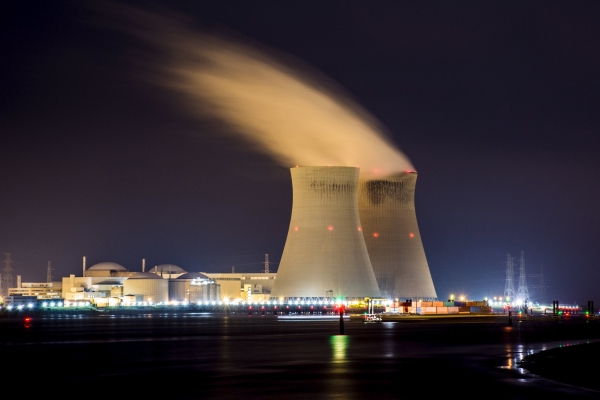Nearly 20 percent of today’s electricity in the United States comes from nuclear power. The U.S. has the largest nuclear fleet in the world, with 92 reactors scattered around the country. Many of these power plants have run for more than half a century and are approaching the end of their expected lifetimes.
Policymakers are debating whether to retire the aging reactors or reinforce their structures to continue producing nuclear energy, which many consider a low-carbon alternative to climate-warming coal, oil, and natural gas.
Now, MIT researchers say there’s another factor to consider in weighing the future of nuclear power: air quality. In addition to being a low carbon-emitting source, nuclear power is relatively clean in terms of the air pollution it generates. Without nuclear power, how would the pattern of air pollution shift, and who would feel its effects?
Read more at Massachusetts Institute of Technology
Photo by Nicolas HIPPERT on Unsplash


